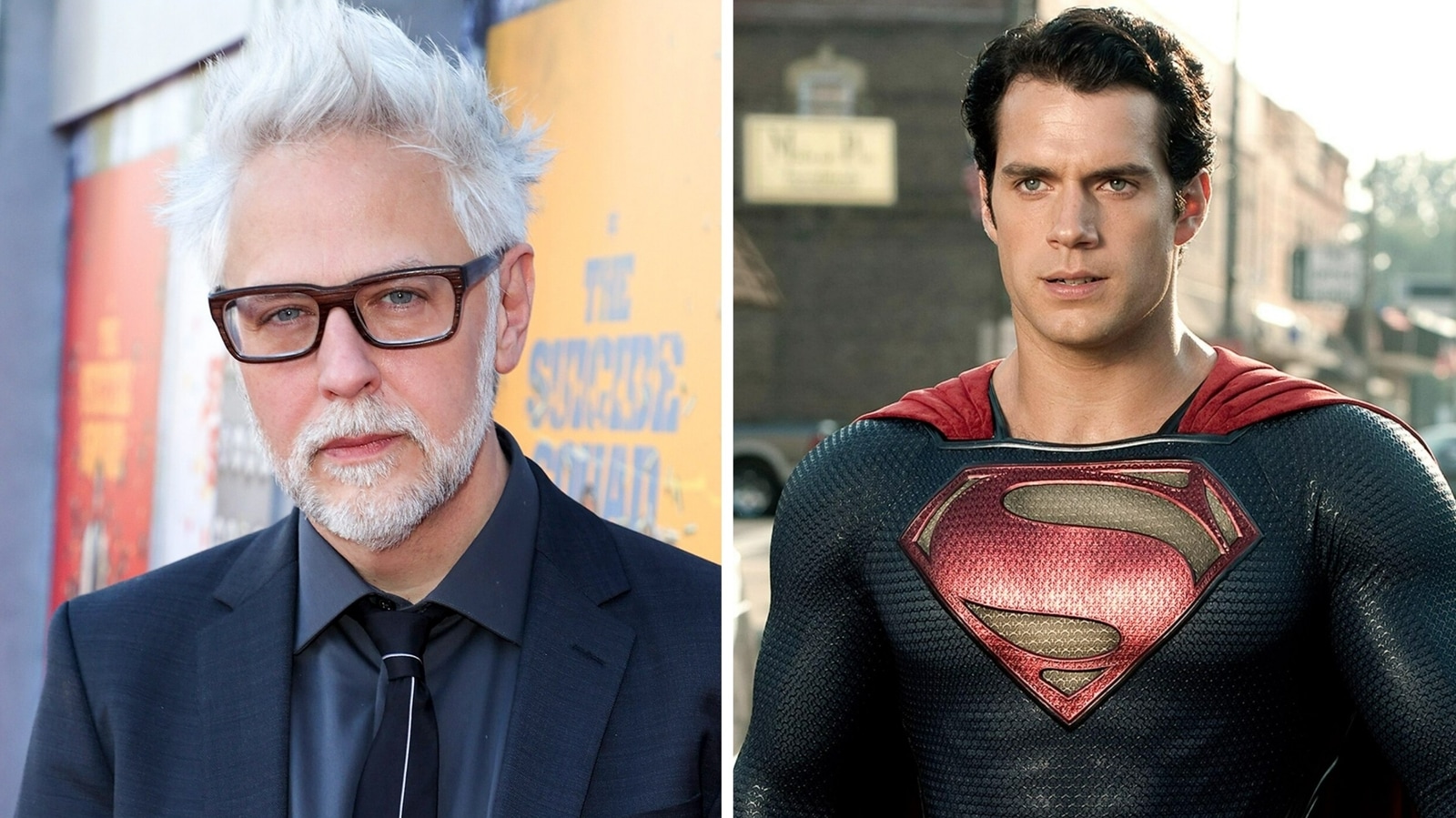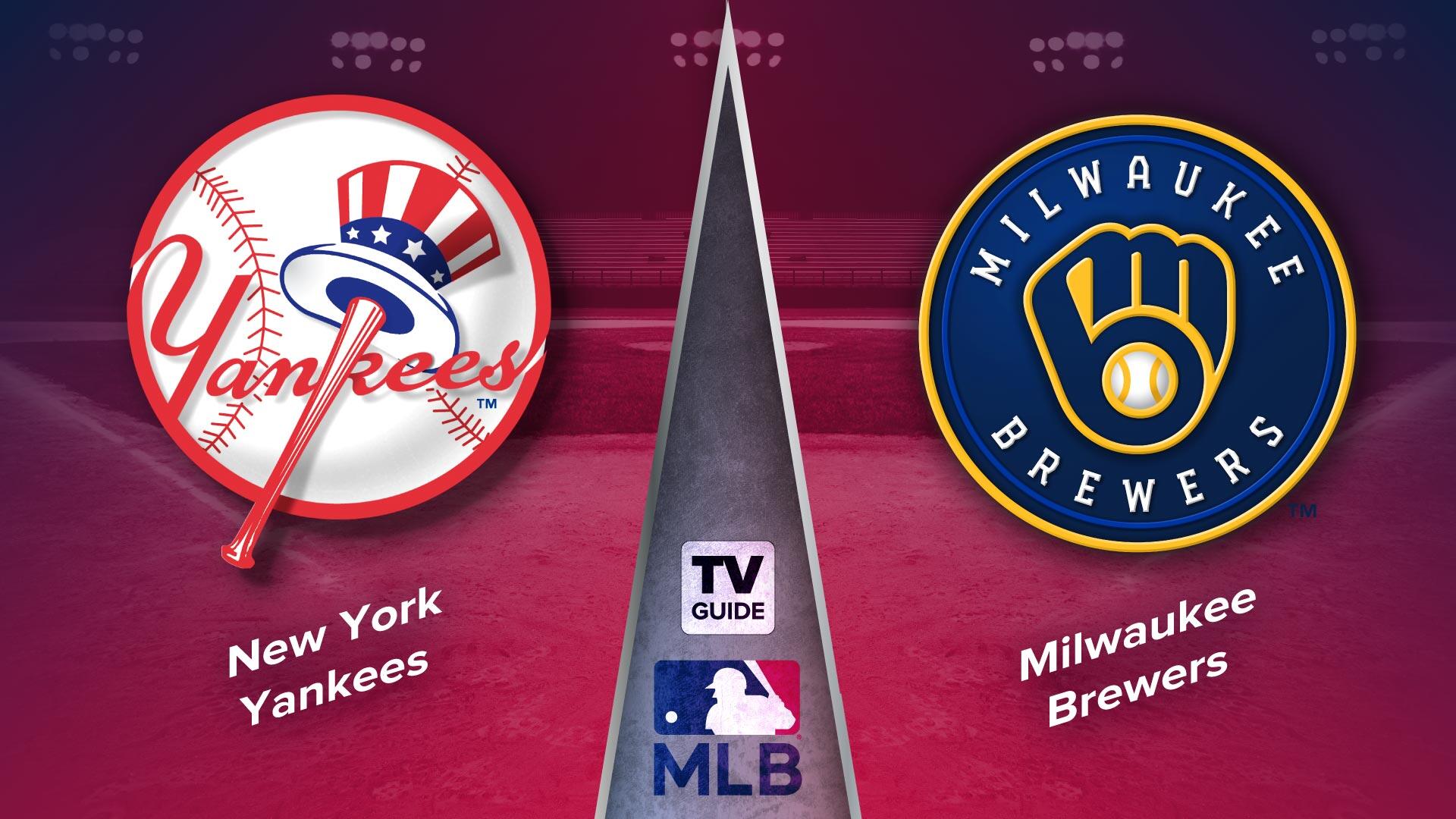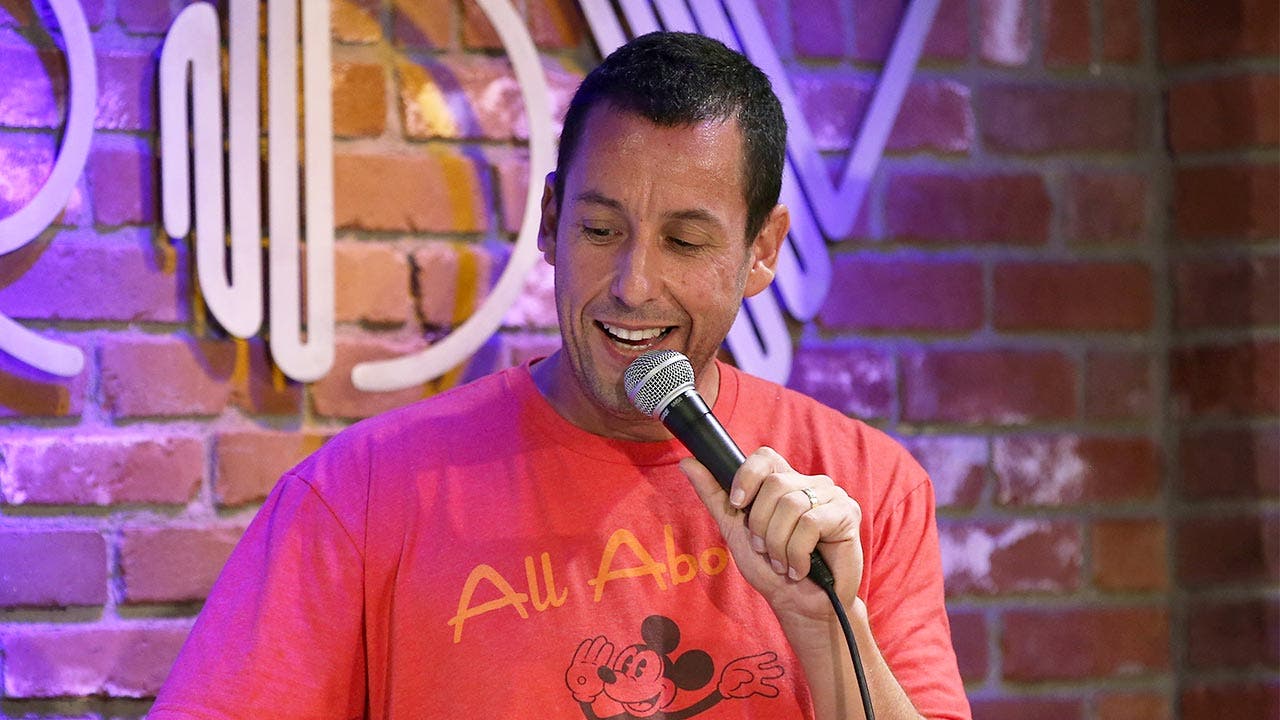Why "The Ministry Of Ungentlemanly Warfare" Flopped: Ritchie, Cavill, And A Missed Opportunity

Table of Contents
Guy Ritchie's Directorial Choices and the Film's Tone
Inconsistency in Tone: A Comedy-Drama Clash
"The Ministry of Ungentlemanly Warfare" struggled with a jarring tonal inconsistency. The film attempts to blend dark, gritty war sequences with moments of slapstick humor, creating a disjointed viewing experience. This tonal whiplash left many viewers feeling alienated and unable to fully invest in the narrative.
- Examples of tonal inconsistencies: A brutal battle scene immediately followed by a farcical chase sequence; the juxtaposition of serious character deaths with lighthearted banter.
- Analysis: This uneven tone undermined the film's emotional impact. The attempts at humor often felt out of place, trivializing the gravity of the war setting and the characters' experiences. A more consistent tone, leaning either towards a gritty war drama or a comedic action-adventure, might have yielded a more cohesive and satisfying experience.
Pacing and Narrative Structure: A Story Lost in Time
The film's pacing also contributed to its lackluster reception. The narrative felt uneven, with some scenes dragging while others felt rushed and underdeveloped. This inconsistency disrupted the flow and prevented the audience from fully connecting with the characters and the unfolding plot.
- Examples of pacing issues: Certain action sequences felt unnecessarily extended, while crucial character development moments were glossed over. The exposition felt rushed in some areas, leading to confusion.
- Analysis: A more deliberate pacing, prioritizing character arcs and ensuring a clear narrative progression, could have significantly improved audience engagement. A tighter edit, focusing on the most impactful scenes and streamlining the plot, might have prevented viewer disengagement.
Marketing and Audience Expectations: A Mismatch of Promises and Reality
Misleading Marketing Campaign: Hype vs. Reality
The marketing campaign for "The Ministry of Ungentlemanly Warfare" arguably misrepresented the film's actual tone and content. The trailers emphasized the comedic elements, potentially leading viewers to expect a lighthearted action-comedy, rather than the more complex and often darker film delivered.
- Examples of misleading marketing: Trailers focused heavily on comedic moments, downplaying the more serious aspects of the war narrative. The marketing materials didn't accurately reflect the film's tonal shifts.
- Analysis: This misrepresentation resulted in disappointed audiences who felt cheated of the experience promised by the marketing materials. A more honest and accurate portrayal of the film's tone and content would have better managed audience expectations.
Unsuccessful Targeting: Reaching the Wrong Audience?
The marketing campaign also seemed to struggle with effectively targeting the intended audience. While aiming for a broad appeal, it likely failed to resonate strongly with either dedicated fans of Guy Ritchie's specific style or those seeking a straightforward war drama.
- Intended audience: The marketing appeared to target a general audience interested in action films starring Henry Cavill.
- Analysis: A more nuanced marketing strategy, perhaps targeting different segments with tailored messaging, could have improved the film's reach and overall reception. Highlighting specific aspects of the film to resonate with different audience preferences would have been beneficial.
Henry Cavill's Role and Performance: A Star Power Shortfall?
Character Development and Screen Time: A Limited Impact
Henry Cavill's performance was generally well-received, but his character lacked sufficient depth and development. The script didn't offer him enough opportunity to showcase his full range, potentially limiting his impact on the film's overall success.
- Specific aspects of Cavill's performance: His action scenes were well-executed, showcasing his physicality. However, the emotional range of his character felt somewhat constrained.
- Analysis: A stronger character arc, providing more opportunities for emotional depth and showcasing Cavill's acting skills beyond the action sequences, could have elevated his contribution to the film.
Star Power and Audience Draw: Was Cavill Enough?
While Henry Cavill's star power undoubtedly attracted a certain segment of the audience, it wasn't enough to overcome the other shortcomings of the film. His presence alone couldn't compensate for the flaws in the directing, marketing, and script.
- Box office performance of Cavill's previous films: While Cavill has starred in successful franchises, "The Ministry of Ungentlemanly Warfare" demonstrated that star power alone isn't a guarantee of box office success.
- Analysis: The marketing campaign didn't effectively leverage Cavill's star power to its full potential. It should have emphasized his role more strategically, highlighting his character's unique aspects and his contributions to the narrative.
Competition and Release Timing: A Crowded Battlefield
Box Office Competition: A Clash of Titans
The film's release date unfortunately coincided with several other major releases, creating intense box office competition and potentially limiting its potential audience.
- Competing films: [List competing films released around the same time – research required].
- Analysis: A different release date, avoiding direct competition with similar genre films, could have significantly improved the film's chances of achieving greater box office success.
Overall Market Saturation: Too Many Wars?
The action/war genre was also relatively saturated at the time of release, potentially reducing the film's appeal to audiences already exposed to similar narratives.
- Other recent films in the action/war genre: [List other recent films in the genre – research required].
- Analysis: Market saturation highlights the importance of offering something truly unique or innovative to cut through the competition and capture audience attention in a crowded market.
Conclusion: Lessons Learned from "The Ministry of Ungentlemanly Warfare's" Failure
"The Ministry of Ungentlemanly Warfare's" underperformance highlights the interconnected nature of successful filmmaking. A combination of inconsistent direction, a mismatched marketing campaign, and intense box office competition contributed to its failure. The film's missteps serve as a valuable lesson: a strong script, cohesive direction, effective marketing, and smart release timing are all crucial components for a film's success. These factors, when working in harmony, can elevate even a star-studded cast like Henry Cavill's to box office triumph.
What do you think contributed most to the underperformance of The Ministry of Ungentlemanly Warfare? Share your thoughts in the comments below!

Featured Posts
-
 James Gunn On Henry Cavills Dc Departure Was He Wronged
May 12, 2025
James Gunn On Henry Cavills Dc Departure Was He Wronged
May 12, 2025 -
 Herthas Crisis Boateng And Kruses Conflicting Views On The Teams Problems
May 12, 2025
Herthas Crisis Boateng And Kruses Conflicting Views On The Teams Problems
May 12, 2025 -
 Yankees Brewers Series Whos On The Injured List March 27 30
May 12, 2025
Yankees Brewers Series Whos On The Injured List March 27 30
May 12, 2025 -
 The High Cost Of Comedy Adam Sandlers Net Worth Explained
May 12, 2025
The High Cost Of Comedy Adam Sandlers Net Worth Explained
May 12, 2025 -
 Boris Johnson Y El Ataque De Avestruz En Texas La Reaccion Del Ex Primer Ministro
May 12, 2025
Boris Johnson Y El Ataque De Avestruz En Texas La Reaccion Del Ex Primer Ministro
May 12, 2025
Latest Posts
-
 Ufc 315 In Montreal When And Where To Watch Belal Muhammad Vs Jack Della Maddalena
May 12, 2025
Ufc 315 In Montreal When And Where To Watch Belal Muhammad Vs Jack Della Maddalena
May 12, 2025 -
 Bkfc Fighter Recreates Infamous Aldo Moment Mc Gregors Response
May 12, 2025
Bkfc Fighter Recreates Infamous Aldo Moment Mc Gregors Response
May 12, 2025 -
 Updated Ufc 315 Fight Card Impact Of Jose Aldos Weight Issues
May 12, 2025
Updated Ufc 315 Fight Card Impact Of Jose Aldos Weight Issues
May 12, 2025 -
 Conor Mc Gregor Supports Bkfc Fighters Jose Aldo Press Conference Tribute
May 12, 2025
Conor Mc Gregor Supports Bkfc Fighters Jose Aldo Press Conference Tribute
May 12, 2025 -
 Conor Mc Gregors Bkfc Jose Aldo Press Conference Recreation A Viral Moment
May 12, 2025
Conor Mc Gregors Bkfc Jose Aldo Press Conference Recreation A Viral Moment
May 12, 2025
